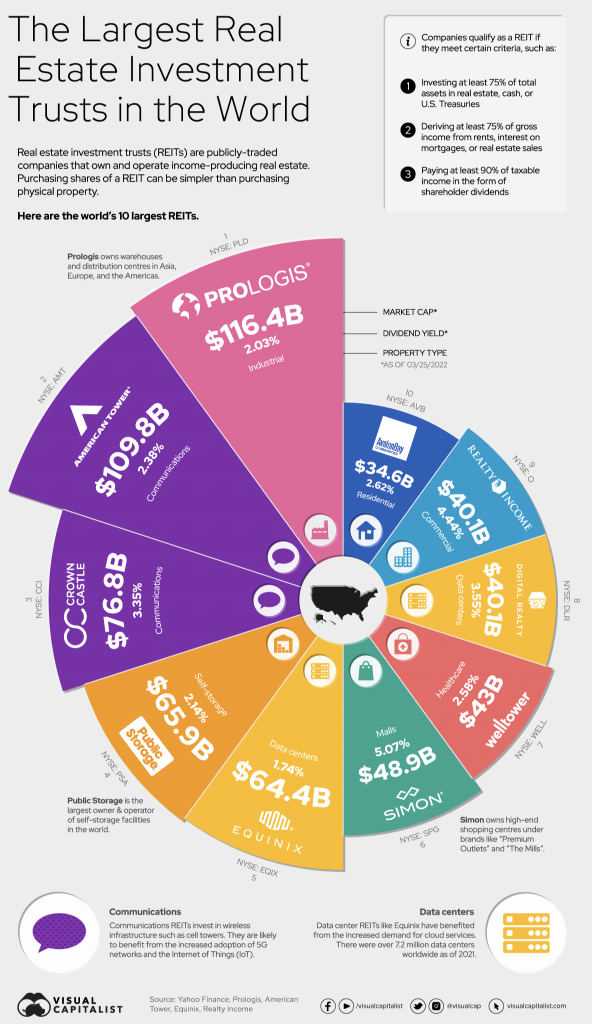
Pros and Cons of Converting Office Space to Residential Housing
ORLANDO, FLORIDA / AGILITYPR.NEWS / September 28, 2023 / Pros and Cons of Converting Office Space to Residential Housing
Call to Action: Converting an office building to residential occupancy is possible. It would, however, not be cheap. But office buildings that are due for a remodel or upgrade anyway could be great candidates for this type of reinvention.
Fact/ Stat: A recent report from commercial real estate and investment firm CBRE found that these building conversions have gained momentum in 2023. The report estimated that 99 conversions are either under way or announced in 2023. By comparison, between 37 and 43 conversions were completed each of the last five years. The report noted that if every planned conversion happens, along with the ones that have already taken place since 2016, about 2%, or 91.1 million square feet, of office space supply would be removed from the market.
Analogy: In architecture, adaptive reuse refers to repurposing an existing structure for new use, such as turning vacant buildings into schools, public parks, offices, or apartments.
Summary:
Converting office space to residential housing is an idea gaining attention due to the changing dynamics of work and the increased availability of unused or underutilized office space, particularly in the wake of the COVID-19 pandemic. This transition comes with both advantages and challenges, as well as various policy considerations:
Advantages of Converting Office Space to Residential Housing:
- Land Use Restrictions: Converting existing office space to residential units can bypass some land use restrictions that may hinder new construction, making it easier to increase housing supply in areas with limited available land.
- Timeline and Cost: Depending on the suitability of the building, it can be quicker and more cost-effective to convert existing office space into residential units compared to demolishing and starting a new construction project.
- Environmental Impact: Conversions often require fewer material inputs than new construction, and developers can incorporate more environmentally friendly features into these projects.
- Revitalization: Converting office spaces to residential units can help revitalize downtown areas that have experienced economic challenges, particularly if they rely heavily on commuter traffic. It can also stabilize property values and local government revenues.
Challenges of Converting Office Space to Residential Housing:
- Zoning and Building Codes: Changing zoning from commercial to residential can be a complex and time-consuming process. Adhering to different building codes for residential use may also add costs to the conversion.
- Suitability: Not all office spaces are suitable for conversion to residential units due to differences in layout, access to natural light, and plumbing configurations. Buildings may also need to be vacant, not just underutilized, for the conversion to occur.
- Profitability: The costs associated with conversion and the rental income values of commercial units compared to residential units may not always make these projects financially viable for developers.
- Demand: Potential residents may prefer established residential areas with amenities like grocery stores, which commercial districts may lack. This preference can be stronger in cases where individuals can work remotely, reducing the need to live near their workplace.
Policy Considerations:
- Local Considerations: Many aspects of office-to-residential conversions are influenced by local economic, commercial, and housing market conditions. Policymakers should take into account the unique circumstances of their region when considering incentives or regulations related to conversions.
- Housing Supply and Affordability: Conversions alone may not solve housing supply issues, but they can be a useful tool in certain locations. Policymakers should also focus on affordability concerns, as conversion costs may not always result in housing at the desired price point.
- Future of Telework: The extent to which remote work will impact the commercial real estate landscape remains uncertain. While office utilization rates have trended upward in many major cities, the future of telework will depend on various factors, including labor market conditions.
- Federal Government Initiatives: Federal initiatives, such as tax incentives and funding opportunities, can support office-to-residential conversions. The Biden Administration's Housing Supply Action Plan and bills like the Revitalizing Downtowns Act are examples of federal efforts to encourage these conversions.
Several considerations include:
• The Biden Administration Housing Supply Action Plan promotes “commercial-toresidential conversion opportunities, particularly for affordable and zero emissions housing” through efforts such as an interagency working group to advance federal funding opportunities that support conversions.
• The U.S. Department of Housing and Urban Development issued a notice of funding opportunity to research conversions, which will award up to $860,000 to study conversions and their challenges, identify metrics for evaluation of outcomes, and develop a guide for local leaders and practitioners.
• H.R. 419, the Revitalizing Downtowns Act, was introduced in January 2023. This bill proposes tax credits for qualified conversions.
In conclusion, converting office space to residential housing is a complex endeavor with potential benefits for addressing housing shortages and revitalizing urban areas. Policymakers need to carefully consider local conditions, regulatory hurdles, and the overall housing supply and affordability context when encouraging or regulating such conversions. Stay tuned and thank you for your consideration.
Social Media:
#realestate #realtor #realestateagent #home #property #investment #forsale #realtorlife #househunting #dreamhome #luxury #interiordesign #luxuryrealestate #newhome #architecture #house #homesweethome #realestateinvesting #luxuryhomes #realestatelife #business #design #realestateinvestor #realty #sold #entrepreneur #mortgage #broker #homesforsale #justlisted #offices #buildings #commercialrealestate #luxurylifestyle #properties #realtors #homes #firsttimehomebuyer #homeforsale #construction #lifestyle #homedecor #remax #listing #invest #investing #love #realestatebroker #newlisting #investmentproperty #homebuyers #investor #money #propertymanagement #realtorsofinstagram #motivation #instagood #realestatetips #openhouse #interior #success #luxuryliving #homebuying #realestate #newhome #dreamhome #investor #realtorlife #sold #luxuryrealestate #luxuryliving #broker #openhouse #homes #househunting #realty #remax #justlisted #homesforsale #milliondollarlisting #properties #realestateinvestor #realestatelife #realestateinvesting




About Us
ABOUT COLCOMGROUP
Accomplished business development, government affairs, media relations, strategic relations, marketing, branding and communications executive with experience in accounting, legal, consumer goods, financial services, technology and professional services sectors.
Counsel clients in variety of areas: global private placement advisory services, capital fundraising, debt/equity financing, sponsorship, CSR/ESG advisory services, LGBTQ diversity, equity and inclusion, strategic planning, new product development, product launches, direct marketing, collateral and advertising design, copy writing/writing, speech writing, business plan/marketing plan/communications plan development, product/service positioning and branding, media relations, government affairs, media training, message point development, image management, new business development, and strategic partner development/third party outreach. Cancer survivor and advocate.
We speak regularly to professionals on marketing and communications topics. Specialties include:
- Media Relations
- Marketing
- Branding
- Positioning
- Business Development
- Government Affairs
- Message Development
- Image Management
- Issues Management
- Strategic Planning
- Product Development
- Product Launches
- Strategic Partner Development
- Human Capital / Diversity, Equity and Inclusion
- LGBTQ Diversity, Equity and Inclusion
- Cybersecurity
- Cryptocurrency
- Forensic Accounting
- White Collar Crime Issue
- Sponsorship Sales
- Membership Marketing
- Real Estate/ Housing Issues
- Human Capital Disclosures
- Financial & Non-Financial Reporting Standards
- ESG Corporate Disclosures - Climate / Human Capital
- CPE Marketing
- Big Data/ Data Analytics
- iXBRL
- Crowd Funding/Sourcing
Contacts
David Colgren
CEO- Colcomgroup, Inc.
dcolgren@colcomgroup.comPhone: 917-587-3708
https://www.linkedin.com/in/davidcolgren/